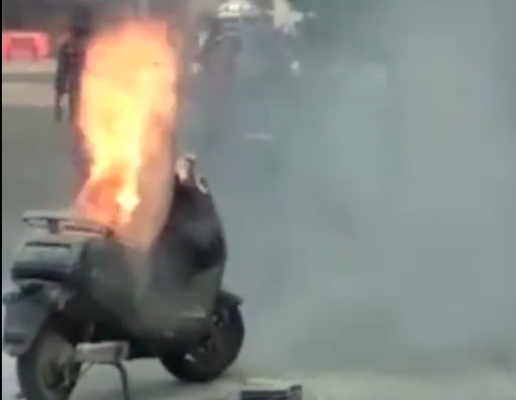Two guys are sitting on a beach; after some small talk, one mentions how they owned a business for many years until the fire. Luckily, they were insured. Everything was taken care of, and they could still retire in style. The second guy looks at the first and says, what a coincidence.
They, too, owed a business, and when a flood took it out, they had adequate coverage and could recoup their losses and retire in style.
The first guy, looking puzzled, turns to the second and says, “How do you start a flood?”
It is not uncommon for a business to burn legitimately, but there is always the chance it was an insurance fire—a way to get out from under a failing business. And not just a business. Homes too. I know that seems cynical, and my apologies. Many people lose much in any number of disasters. The flooding in Vermont this past spring was not as record-setting as advertised, but it was significant. It changed many lives, ended some, and washed out homes, businesses, and livelihoods.
Like the COVID response. The PPP Loans. Medical and bailout money fraud. The system increasingly lends itself to the means and opportunity to do better at someone else’s expense. The entire green energy net-zero movement also comes to mind. And with it, the volatile power cells upon which it stands—lithium Ion batteries. I had to get certified to handle them at the job I used to do. They are considered hazardous materials. They can start fires that take out freighters, trucks, and aircraft. Their ubiquity has taken cars, homes, apartment buildings, businesses, and lives.
Using them to start insurance fires seems logical, as “vehicles” for arson or to hide another crime. Instead of finding the body of the DNC staffer who leaked all the internal emails in a bathtub, they could leave him in his burning Tesla, even though he never owned one. No worries, the FBI is still convinced it’s not suspicious.
New York City, the poster child for the problem of Lithium battery fires, has had more than 200 of them in a single year, and there’s no easy way to put them out.
“The lithium-ion battery adds a different degree, when we talk about the fire dynamics of it,” FDNY Deputy Assistant Chief Frank Leeb said at the briefing. “These rooms flash over in just a mere matter of seconds.” …
The problem is that lithium-ion fires burn extremely hot and are virtually impervious to conventional firefighting methods that use water or foam. In fact, lithium reacts very badly to water, which is really a problem if firefighters are attacking a fire for which they don’t know the cause.
It follows as night follows day. There will be numerous fires from faulty products, mishandling, or damage, but there will also be some who find it easier to have a delivery bike do the deed than to rely on the old exhaust system or faulty wiring.
And yes, insurance companies, like they have begun to do with electric vehicles, will offset the increased risk with much higher rates for dwelling owners who allow any EV in or on the premises. To protect themselves from mayhem, like how EV batteries can explode when overcome by flood water.

